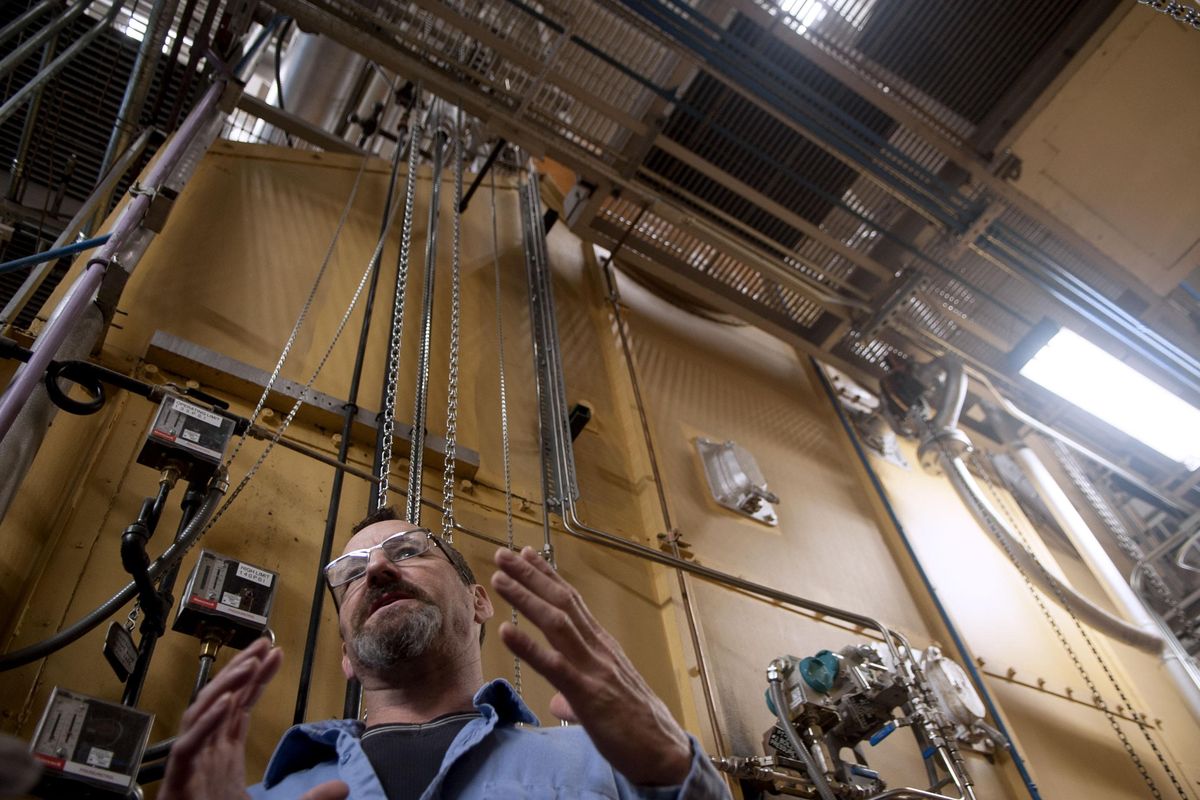Planned $15M behavioral health building at Spokane VA Medical Center canceled

A planned $15 million behavioral health building at Spokane’s veterans hospital has been canceled.
Administrators at Mann-Grandstaff VA Medical Center learned this month that the plan won’t be funded, though several other improvement projects are moving forward.
Medical center Director Dr. David Fischer previously announced that he had obtained approval to expand the operating room facilities and to add a new building to expand the hospital’s behavioral health department. However, he learned last week that federal officials put the brakes on the planned stand-alone behavioral health building.
“I’ve been representing that both building construction projects were approved, and in fact they were,” Fischer said. “But I think the VA re-looked at the degree and amount of funding that would be required over several years and they were concerned that they were, perhaps, overly ambitious.”

While discussions and promises of moving to 24-hour urgent care have dominated much of the discussion around Mann-Grandstaff VA Medical Center, the leadership has continued to pursue other construction projects needed to upgrade and support the hospital. Among those projects was the proposal to build the facility focused on mental health.
Fischer said he still is pursuing a lease for a building somewhere in Spokane to add space for more primary care of veterans.
“Our goal is to ensure our primary care teams have the mandated space to deliver care,” he said. “Our workload has increased 3 percent each year. We require additional providers and space. And during all this we have our Cerner transformation. I can’t put anything on hold while we transform the electronic health record system.”
Spokane was selected as the pilot project as part of the $10 billion effort to update the computerized-electronic records system for the entire U.S. Department of Veterans Affairs, using products designed by Missouri-based Cerner Corp. As a result, the added duties have forced Fischer to delay until sometime in 2020 his hope to fulfill the promise to upgrade the facility to include a 24-hour urgent care.
But even with the urgent care on hold, officials recently dedicated a new Sterile Processing Service project, which doubled the space where crews sterilize all the equipment needed for surgery.
“It’s a substantial upgrade,” said Scott Mayo, chief of sterile processing.
The $2.3 million upgrade can sterilize everything from equipment used for internal scans to the carts that carry machines that have electronic readouts that allow staff to monitor every step in the process.
Fischer said his staff moved the Sterile Processing Service from the eighth floor of the hospital so it can be near the new operating room facilities, which remain under construction. Eventually all the operating rooms will move to the second floor, in 2022, he said.
Those facilities have been under construction for a decade. Brian Henneman, Mann-Grandstaff’s chief of engineering, explained that a contractor defaulted on the project in 2009 and the VA just recently began the process of updating the original plans to meet the ever-changing codes.
But the biggest addition will come when crews this spring begin a new building to house the massive boilers that both heat and cool the hospital.
“It’s not really glamorous, but it’s critical to the operation of our campus,” Henneman said. “Our existing boiler plant was built at the same time as the hospital, circa 1949. It’s a dated facility. The building itself is seismically deficient. Plus the boilers themselves have far exceeded their expected life spans.”
The current 69-year-old boilers are massive combinations of steel and bolts that pump out 350 horsepower worth of heat. They will be replaced by two 450-horsepower and two 250-horsepower boilers.
The $19.8 million project will include the building, boilers and lines to the hospital.
“It will be modernized and almost fully automated,” Henneman said. “It’s just like getting a new furnace for your home.”